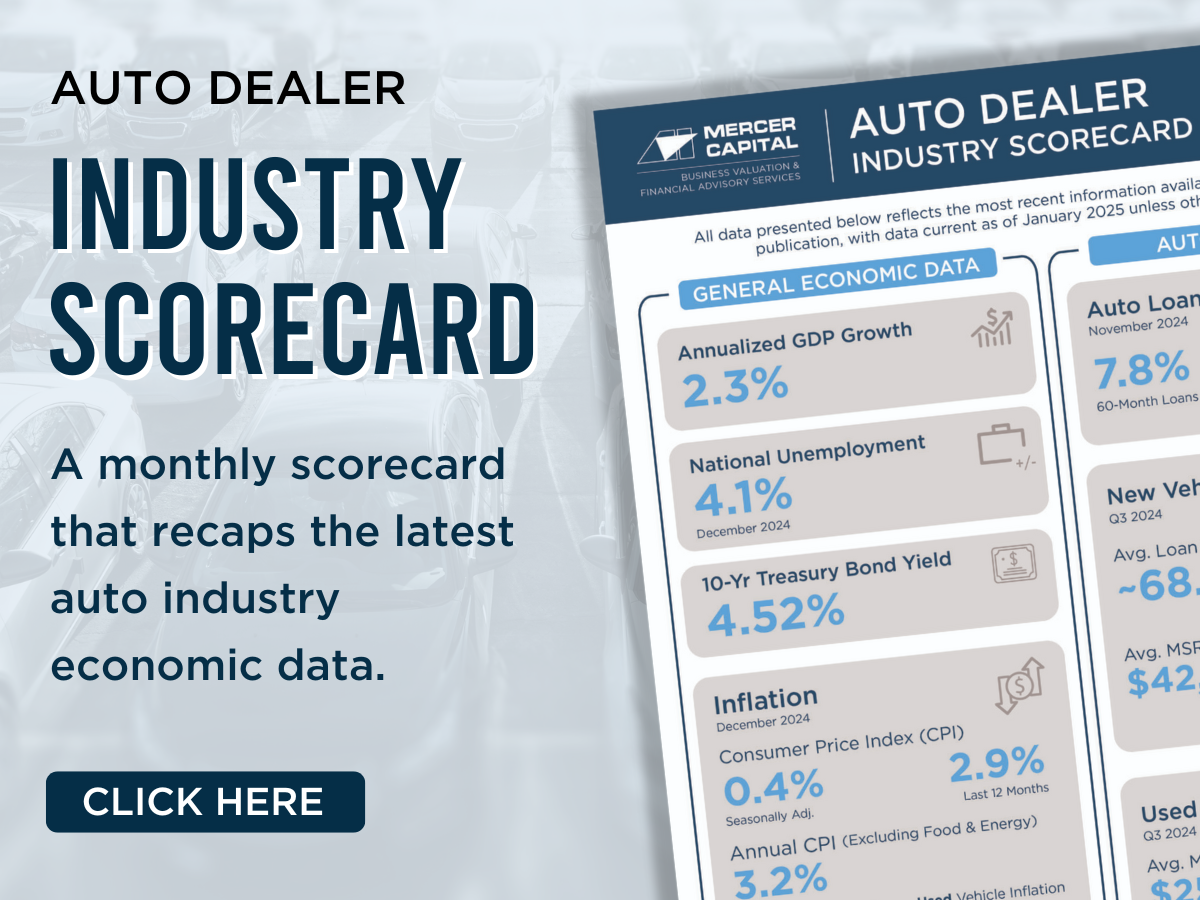In three consecutive weeks, 117 auto dealerships were bought across 3 transactions, each scooping up more dealerships than the last. The three smaller pure-play public auto dealership companies (Group 1 Automotive, Sonic Automotive and Asbury Auto Group) all made sizable acquisitions in a red hot M&A market coming after Lithia purchased a large private auto group back in April.
In this week’s post we discuss how these transactions highlight a couple of key themes in the marketplace for auto dealers.










